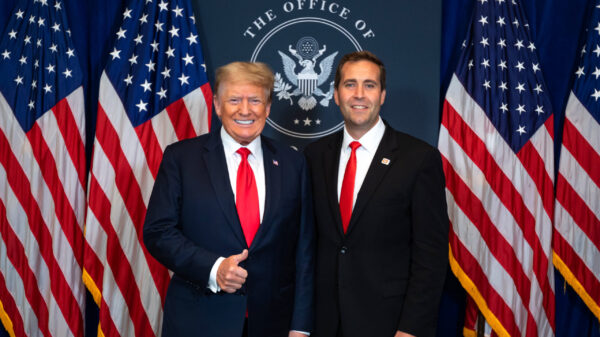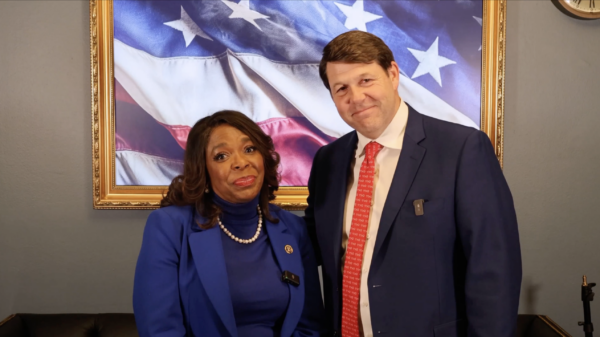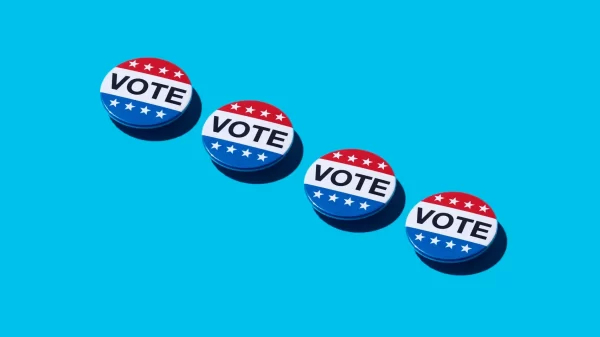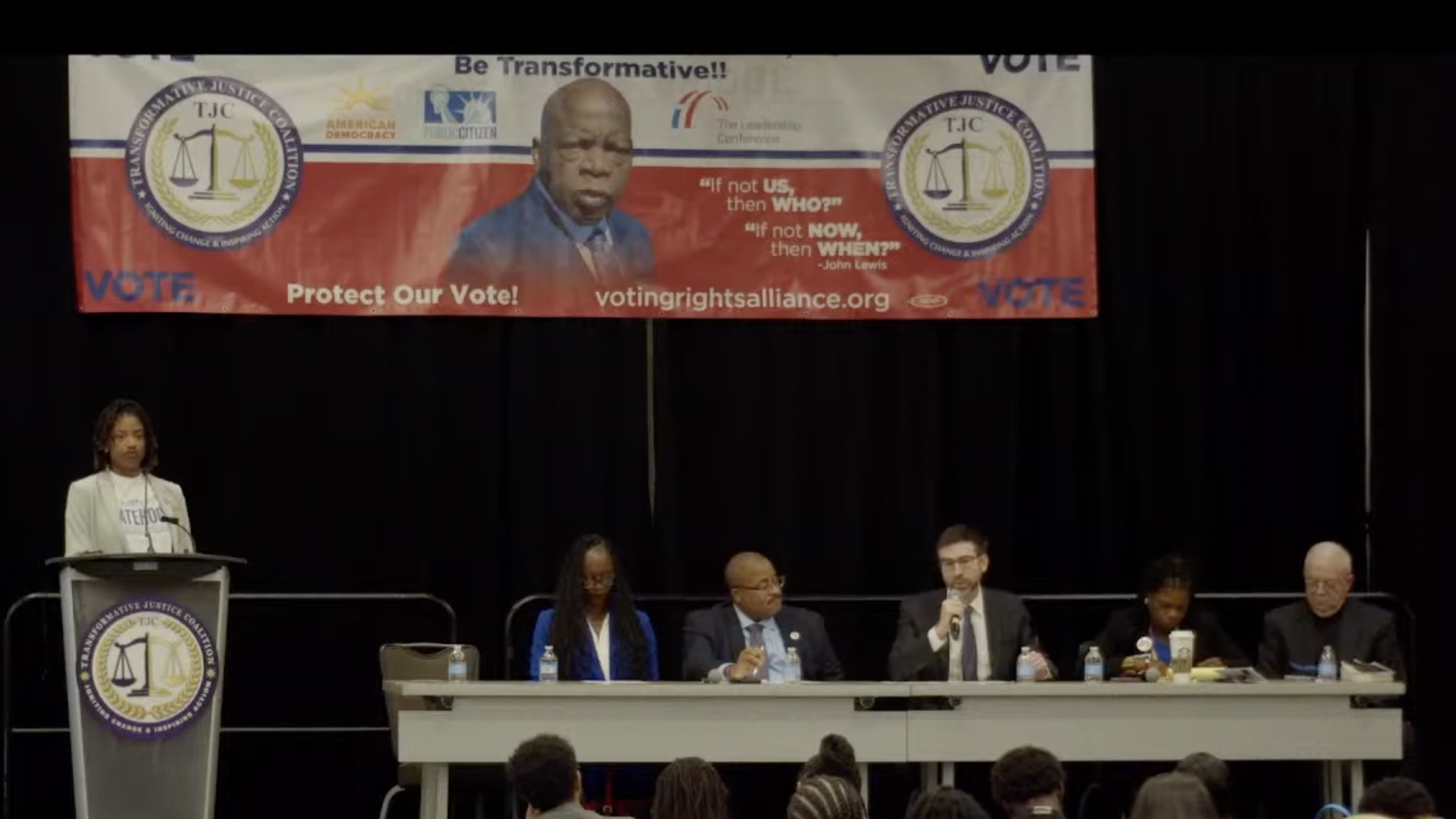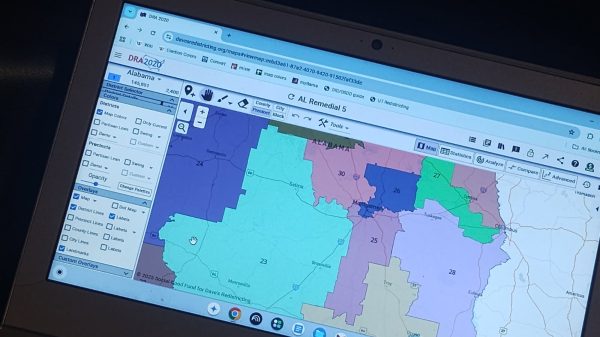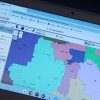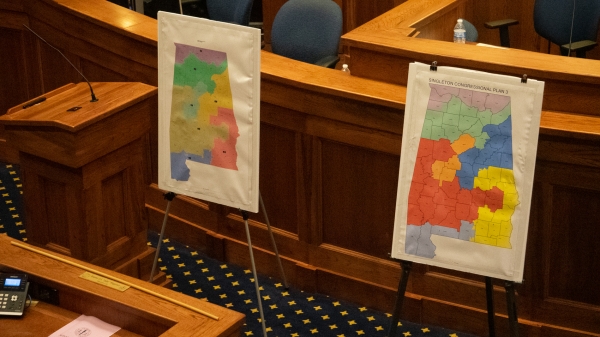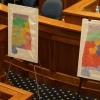As experts held a panel in Washington D.C. Thursday to update the status of the landmark Allen v. Milligan Congressional redistricting case, they pointed to APR’s reporting as evidence of the eroding accountability of the court.
“Alabama’s defiance of the Supreme Court is striking,” said Alex Aronson, executive director of Court Accountability. “It is nearly unprecedented in our country’s history. The circumstances, I think, warrant real scrutiny of what would drive a state to do something so dramatic.
“Recent reporting that has come out of Alabama adds important context to what is actually happening here.”
APR uncovered a complex web of connections involving state officials, conservative influencer Leonard Leo, and right-wing organizations that sheds light on how the nation’s highest court could be improperly influenced.
“The reporting adds new color and context to that, and challenges the notion that might be prevailing in our narratives that this is an organic kind of development in Alabama’s historic defiance and willingness to suppress the right of Black voters,” Aronson said. “What the reporting has shown is that Alabama’s Legislature was not acting independently, making its own strategic judgments as to how to proceed with the case; but in fact was acting in tandem with a hugely well-—resourced political network, a billion-dollar force that over the past four decades has systematically entrenched itself in power through key government institutions—most critically the United States Supreme Court.”
The court is currently redrawing maps for the state after a three-judge federal panel found that the state had openly defied its order to create a map with two districts where Black voters have a real opportunity to elect the candidate of their choice.
The state asked for an emergency stay from the U.S. Supreme Court on Monday, but so far the Court has let the new maps continue to be drawn by a special master.
Lead plaintiff Evan Milligan said Black voters can’t afford to let this case slip away due to political schemes meant to suppress them.
“There’s too much at stake,” Milligan said. “The government is supposed to represent the people. Yet we are being robbed of representation at the highest level. We can’t stand for this, we won’t stand for this.”
“Alabama has always been the center of the voting rights movement in this country, and this time is no different,” said Barbara Arnwine, president and founder of the Transformative Justice Coalition. “The journey to the Voting Rights Act began because of organizing in Alabama along with many other states, and we will be the ones who work to reinstate the Voting Rights Act as well.”

